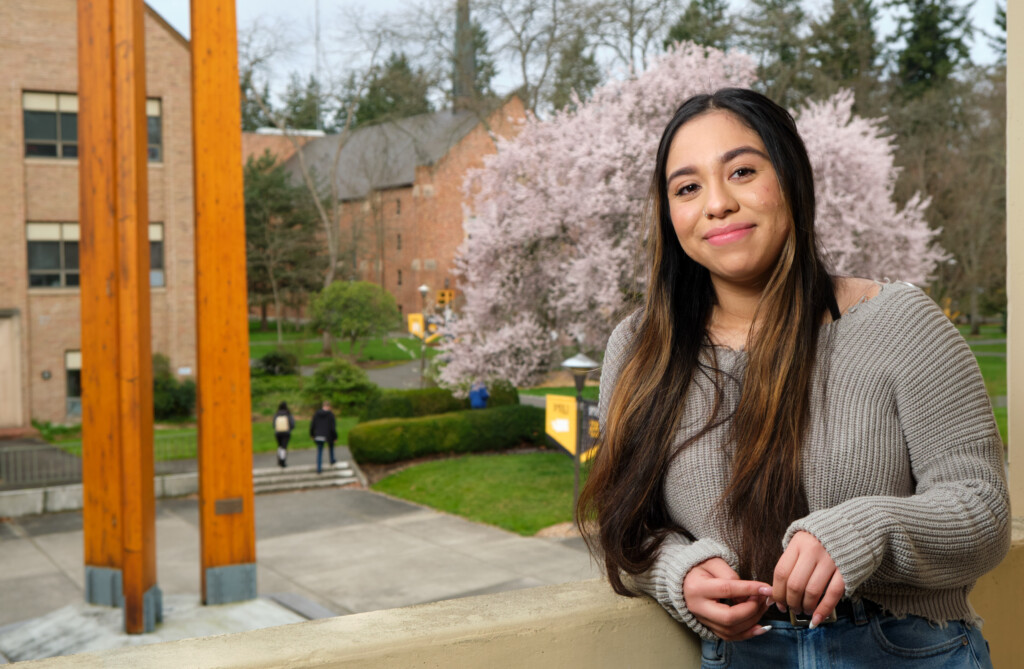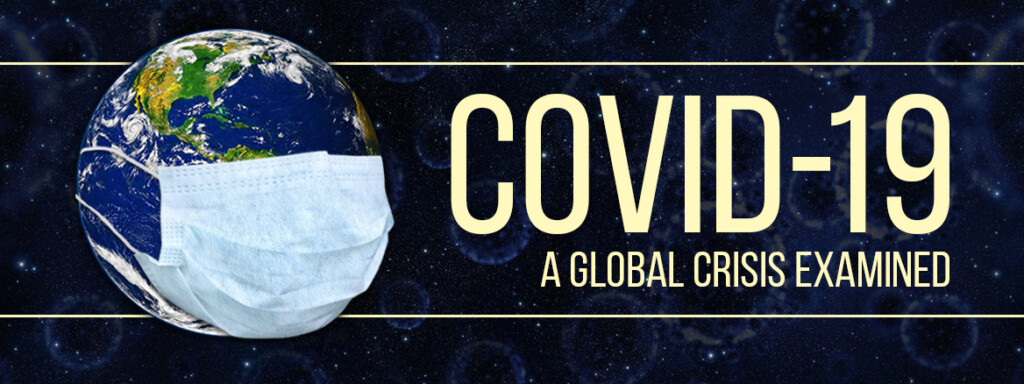Page 47 • (982 results in 0.102 seconds)
-
Organic Chem I w/Lab BIOL&212 Majors Animal CHEM&162 General Chem II w/Lab CHEM&262 Organic Chem II w/Lab BIOL&213 Majors Plant CHEM&163 General Chem III w/Lab CHEM&263 Organic Chem III w/Lab MATH&151 Calculus I MATH&146 Introduction to Statistics 3 PEC courses MATH&152 Calculus II PSYC&100 General Psychology 2 Humanities courses, each from a different discipline group (AR, LT, and/or PH): AR: ART&100, 101, 111-113, 121, 170, 210, 214, 221, 255, 281; CMST&102; MUSC&105, 110, 113, 116-117, &141-143; LT
-
&212 Majors: Animals CHEM&162 General Chem II w/Lab CHEM&262 Organic Chem II w/Lab BIOL&213 Majors: Plants CHEM&163 General Chem III w/Lab CHEM&263 Organic Chem III w/Lab MATH&151 Calculus I MATH&146 Introduction to Statistics 3 PE courses MATH&152 Calculus II PSYC&100 General Psychology 2 Humanities courses, each from a different discipline group (AR, LT, and/or PH): AR: ART&100, 101-103, 105, 107, 111-113, 115, 145, 150, 201-204, 211, 243-245; CMST&102; DRMA&101, 160; HUM210, 212, 215; MUSC100
-
CHEM&261 Organic Chem I w/Lab BIOL&212 Majors: Animal CHEM&162 General Chem II w/Lab CHEM&262 Organic Chem II w/Lab BIOL&213 Majors: Plant CHEM&163 General Chem III w/Lab CHEM&263 Organic Chem III w/Lab MATH&151 Calculus I MATH&146 Introduction to Statistics 3 PEC courses MATH&152 Calculus II PSYC&100 General Psychology 2 Humanities courses, each from a different discipline group (AR, LT, and/or PH): AR: ART&100, 101, 111-113, 121, 170, 210, 214, 221, 255, 281; CMST&102; MUSC&105, 110, 113, 116-117
-
Organic Chem I w/Lab BIOL&212 Majors Animal CHEM&162 General Chem II w/Lab CHEM&262 Organic Chem II w/Lab BIOL&213 Majors Plant CHEM&163 General Chem III w/Lab CHEM&263 Organic Chem III w/Lab MATH&151 Calculus I MATH&146 Introduction to Statistics 3 PEC courses MATH&152 Calculus II PSYC&100 General Psychology 2 Humanities courses, each from a different discipline group (AR, LT, and/or PH): AR: ART&100, 101, 111-113, 121, 170, 210, 214, 221, 255, 281; CMST&102; MUSC&105, 110, 113, 116-117, &141-143; LT
-
Chem I w/Lab BIOL&212 Majors Animal CHEM&162 General Chem II w/Lab CHEM&262 Organic Chem II w/Lab BIOL&213 Majors Plant CHEM&163 General Chem III w/Lab CHEM&263 Organic Chem III w/Lab MATH&151 Calculus I MATH&146 Introduction to Statistics 3 PE courses MATH&152 Calculus II PSYC&100 General Psychology 2 Humanities courses, each from a different discipline group (AR, LT, and/or PH): AR: ART101, 111-115, 120, 130, 135, 140, 150, 155, 160, 165, 170, 220, 250-252, 260; CMST&102; DRMA&101, 160, 251, 260
-

Sarah Saavedra ’22 shares her experience as a first-gen college student Posted by: vcraker / June 8, 2022 Image: Sarah Saavedra ’22, poses for a photo, Friday, March 18, 2022, at PLU. (PLU Photo/John Froschauer) June 8, 2022 Sarah Saavedra ’22 is a social work major with a minor in psychology and a certificate in Peace Corps Prep. The Auburn resident is the first in her family to go to college. She credits her many scholarships for navigating college as a first-year student. While at PLU
-

, philosophy, political science, psychology, and others. The course will also include a panel of three PLU alumni that are emergency room physicians. The course is being coordinated by PLU’s Wang Center for Global Education and co-facilitated by Teresa Ciabattari, interim dean of interdisciplinary studies, and Tamara Williams, executive director of the Wang Center. Williams recently answered a few questions about the new course.Why program this course now, while the pandemic is still ongoing? A college or
-

experience that I think all students should have–and I am majoring in Psychology. Innovation is one of the major change agents in our world, and it also provides the tools to making the world a better place. History majors are experienced with just this set of problems and opportunities in their regular work. By exploring the history of innovation as well as the ethical dimensions of creativity and change, Hist/Phil 248 sets the stage for future explorations–both on campus and beyond. Sarah Cornell
-
their overwhelming collection of house plants.Dr. Michelle Ceynar is a professor of Psychology at Pacific Lutheran University in Tacoma, Washington. She primarily teaches Introductory Psychology, Social Psychology, and Psychology of Women. Her most recent scholarship includes co-editing a 2 volume series Early Psychological Research Contributions from Women of Color.Emily F. Davidson is an associate professor of Hispanic and Latino Studies specializing in Latinx, Central American, and Caribbean
-
psychology. Often, anthropological research is multidisciplinary, with specialized divisions including paleoethnobotany, taphonomy and forensics. In the United states the study of anthropology is sub-divided into four major areas of specialization: cultural, archaeological, linguistic and biological anthropology. Cultural Anthropology (Ethnology) studies living human cultures in order to create a cross-cultural understanding of human behavior – distinguished by field-research conducted via participant
Do you have any feedback for us? If so, feel free to use our Feedback Form.


